Commitment, composure and courage: Lessons for leaders from our podcast with Lewis Pugh
In a new episode of The People Performance Podcast, our founder and CEO, Martin Johnson, sat down with the renowned endurance swimmer and UN Environment Patron of the Oceans, Lewis Pugh, to explore what drives human performance in the most challenging conditions imaginable. What emerged were insights that translate directly from frozen oceans to boardrooms.
Create ultimate accountability
Before attempting his 528-kilometre swim along the length of the English Channel – a 49-day endeavour never completed before – Lewis made three promises to his team:
Leave all doubt at the starting point.
Commit to daily progress (10 kilometres, every day).
Be prepared to do double shifts when obstacles arise and hinder progress.
When Lewis made these promises to his team, he created powerful accountability for himself, which helped him to continue with the challenge ahead, despite his emotions telling him to stop. This mentality can also be seen in leaders. When leaders articulate clear promises to their teams, giving up becomes infinitely harder. In business, this means setting specific commitments, communicating them clearly, and holding yourself visibly accountable for delivery, even when conditions become challenging.
Standing at Dover after 49 days, Lewis encountered a statue inscribed with the words: “Nothing great is easy”.
Know what drives performance in the moment
Lewis draws a crucial distinction every leader should understand. His purpose, to protect the world’s oceans, is what gets him into the water. But when swimming through jellyfish or shark-infested waters, he’s not thinking about environmental advocacy. He’s forced entirely on his technique, navigation and survival.
Purpose drives his mission, but it’s operational excellence which wins the day. Leaders must inspire teams with compelling vision while ensuring everyone remains focused on flawless execution in the moment. Strategy and vision provide the direction, but it’s disciplined execution that delivers the results.
Stay calm when the goalposts move
Lewis describes swimming as unique because the goalposts can shift like nothing else. You can be kilometres from France during a Channel crossing when a current drags you along the coast. Your 10-hour swim suddenly becomes 15 hours.
Swimming builds grit because you know things can shift. When they do, you have to keep calm, recalibrate, and keep moving towards the end.
Think of the COVID-19 pandemic, when business plans became obsolete overnight. Market disruptions, regulatory changes, and technological changes are just some examples of how the modern business landscape constantly moves the goalposts. Leaders who panic or rigidly cling to outdated plans fail. Those who build organisational resilience, maintain composure under pressure, and swiftly recalibrate their approach survive and thrive. The ability to stay calm and adapt when circumstances change dramatically is essential.
Have the humility to adapt
Perhaps the most powerful moment Lewis shared was his near-drowning when swimming across a glacial lake at 5,500 metres above sea level on Mount Everest, which would lead to him setting a record for the world’s highest altitude swim. His expedition leader pulled him from the water with a stark message: “You change or you will drown”.
Two days later, Lewis completed the swim using breaststroke instead of crawl, moving slowly rather than racing. The mission remained unchanged, but the method had to adapt.
During the podcast, Lewis also talked about how he builds his own teams to achieve great feats. “I look for people who have an unrelenting pursuit of excellence,” he said. “Everything they do, they do to the very, vest best of their ability because we’re in a very high consequence environment.
“I also look for people with realistic optimism. People who say, let’s roll up our sleeves and let’s give this a really good go. And, lastly, I look for people who care. They care about themselves, they care about the reason why we’re doing it, and they care about the person next to themselves.”
Our podcast with Lewis gave just a flavour of the powerful insights he will share with delegates at our T2 Leadership Retreat – an exclusive immersive experience bringing together senior leaders for cutting-edge leadership development, inspiring transformational growth.
Reflecting on their podcast discussion, Martin Johnson felt Lewis’ philosophy resonated with T2’s focus on leadership and performance being rooted in human psychology.
“As evidenced by Lewis, the strongest leaders aren’t those who bulldoze through with their original plan,” Martin observed. “They’re the ones who hold firm to purpose while remaining ruthlessly flexible in approach.
“They listen to feedback even when it challenges their ego. They adapt their methods when circumstances demand it. As Lewis learned on Everest, you cannot bully the mountain. In today’s rapidly changing business environment, this might be the most critical leadership capability of all”.





